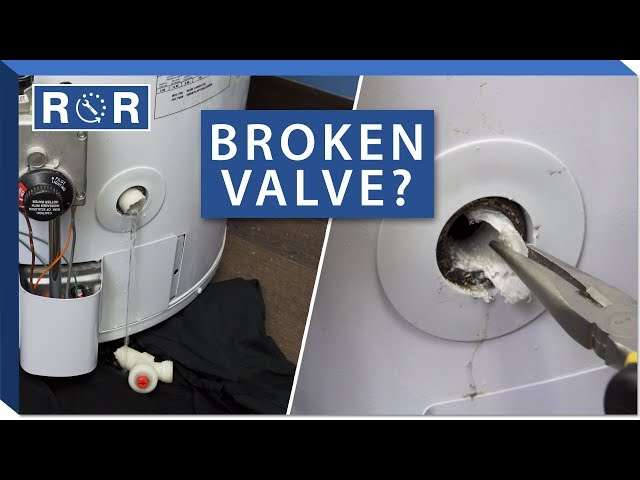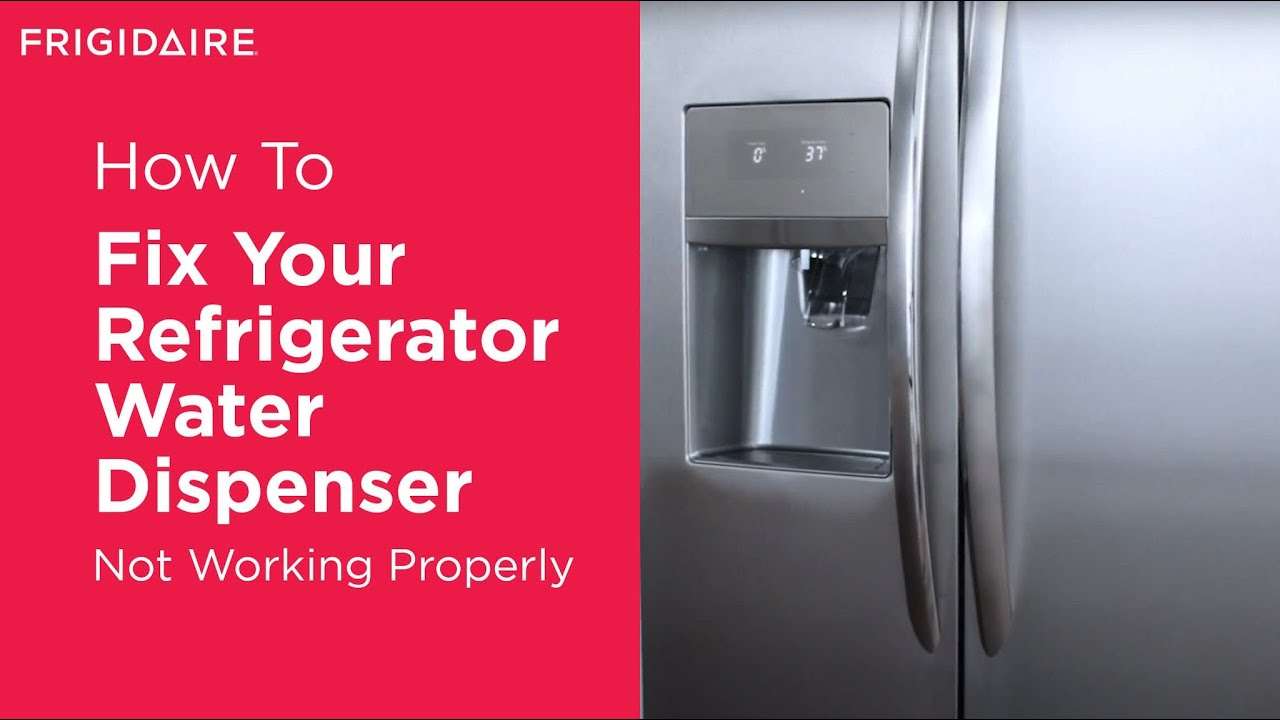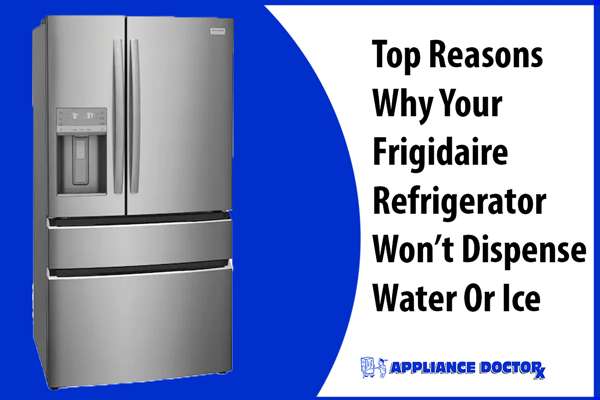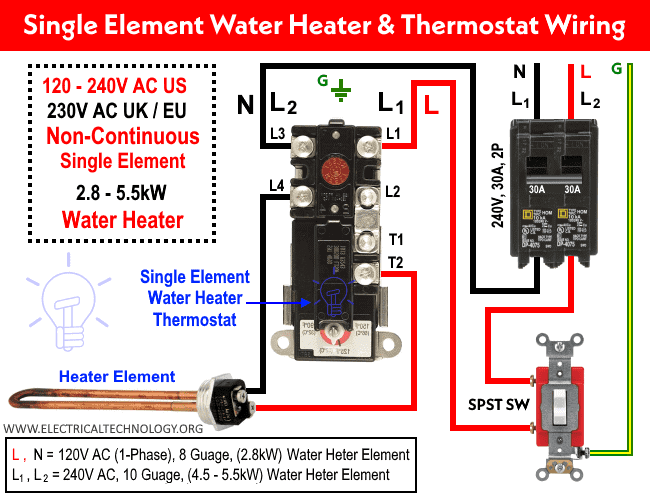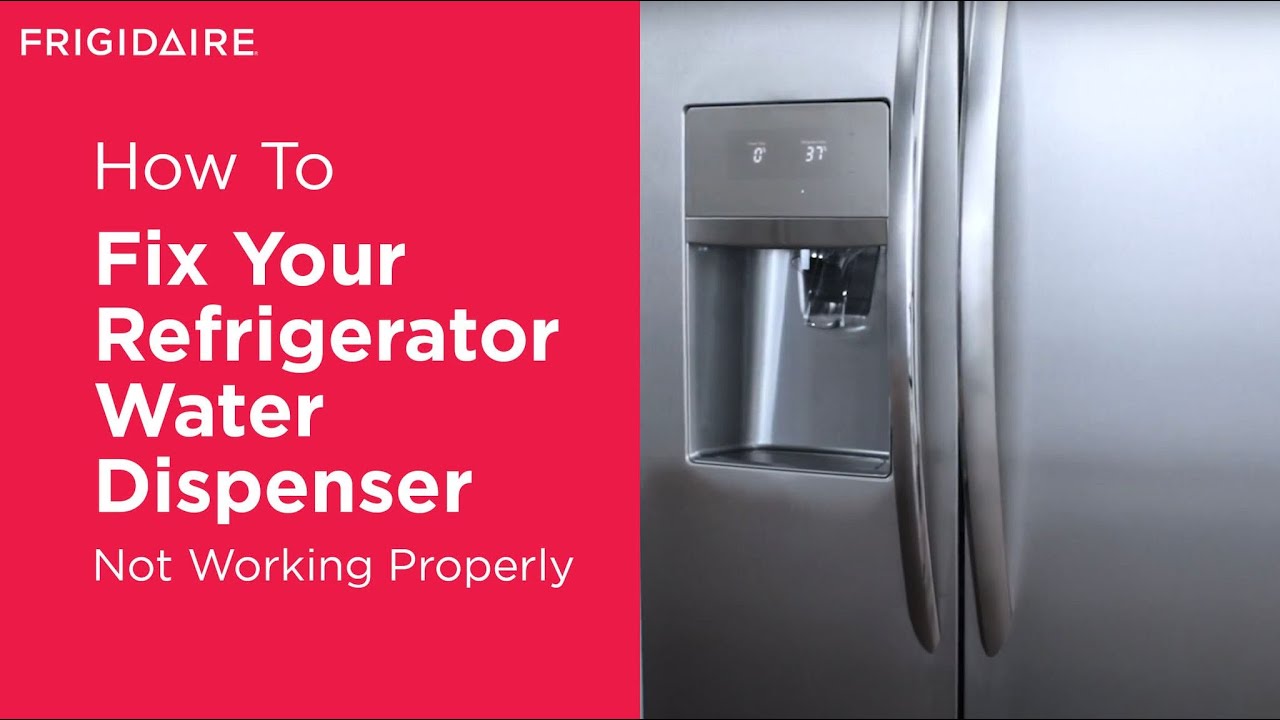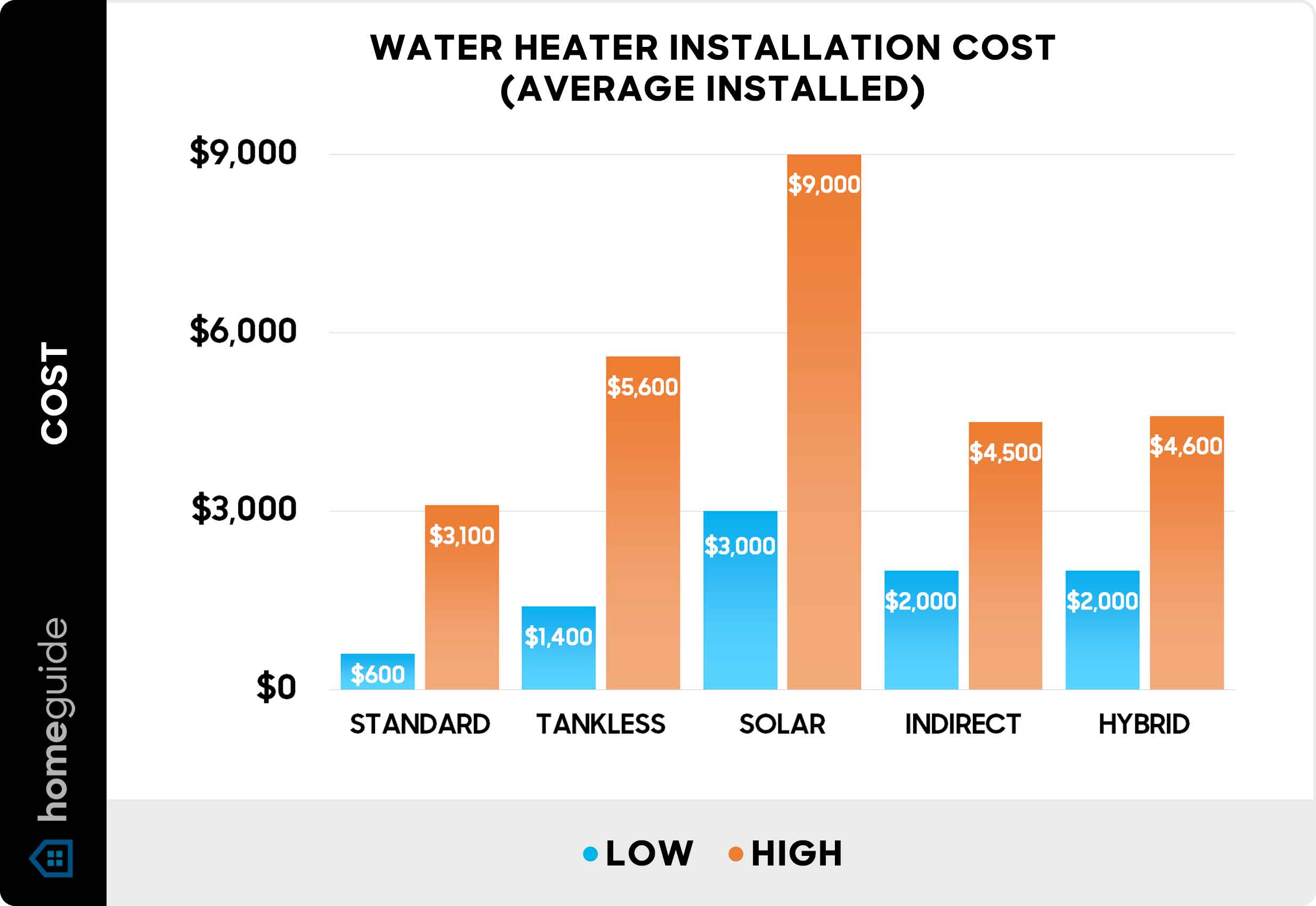Deciding to replace or install a new water heater is a significant home improvement project, and understanding the associated costs is crucial for budgeting effectively. The question, “how much does it cost to have water heater installed?” doesn’t have a simple, one-size-fits-all answer. Several factors influence the final price, ranging from the type of water heater you choose to the complexity of the installation. This comprehensive guide will break down these factors, providing you with a clearer picture of the potential expenses involved and helping you make an informed decision. Getting a good grasp on the costs beforehand will allow you to properly plan and avoid any unexpected financial surprises.
Factors Influencing Water Heater Installation Costs
Several elements contribute to the overall cost of installing a water heater. Understanding these factors will help you estimate your potential expenses more accurately.
- Type of Water Heater: Tankless, traditional tank, heat pump, and solar water heaters all have different price points.
- Size of the Water Heater: Larger units typically cost more.
- Fuel Source: Electric, gas, or propane heaters have varying installation requirements and associated expenses.
- Installation Complexity: Existing plumbing, electrical work, and venting requirements can significantly impact labor costs.
- Permits and Inspections: Local regulations often require permits and inspections, adding to the overall cost.
- Labor Costs: Plumbers’ hourly rates vary depending on location and experience;
Average Installation Costs by Water Heater Type
Here’s a breakdown of the average installation costs for different types of water heaters. These figures are estimates and can vary depending on your specific circumstances.
Traditional Tank Water Heater
Traditional tank water heaters are the most common type. They heat and store water in a tank, ready for use. Installation typically involves connecting to existing plumbing and electrical or gas lines.
- Average Cost (including unit and installation): $800 ─ $2,000
Tankless Water Heater
Tankless water heaters, also known as on-demand water heaters, heat water only when needed, saving energy. Installation can be more complex, requiring new gas lines or electrical upgrades.
- Average Cost (including unit and installation): $2,000 ─ $5,000
Heat Pump Water Heater
Heat pump water heaters are more energy-efficient than traditional tank heaters. They transfer heat from the air to the water. Installation may require additional electrical work.
- Average Cost (including unit and installation): $1,500 ─ $4,000
Solar Water Heater
Solar water heaters use solar panels to heat water. Installation is the most complex and expensive, but they offer long-term energy savings.
- Average Cost (including unit and installation): $4,000 ‒ $10,000+
Cost-Saving Tips for Water Heater Installation
While installing a new water heater can be expensive, there are ways to potentially reduce the overall cost:
- Get Multiple Quotes: Compare prices from several qualified plumbers.
- Consider DIY (with Caution): If you have plumbing experience, you might be able to handle some aspects of the installation yourself, but be sure to obtain all necessary permits and follow local codes. Improper installation can lead to safety hazards and costly repairs.
- Look for Rebates and Incentives: Many utility companies and government agencies offer rebates for energy-efficient water heaters.
- Schedule During Off-Peak Season: Plumbers may offer lower rates during slower periods.
- Maintain Your Existing Water Heater: Regular maintenance can extend the life of your current water heater, delaying the need for replacement.
CHOOSING THE RIGHT WATER HEATER FOR YOUR NEEDS
Selecting the right water heater involves careful consideration of your household’s hot water demands, energy efficiency goals, and available space. A smaller household might find a tankless or smaller tank water heater sufficient, while larger families will likely require a larger tank or a high-output tankless model. Energy efficiency is another critical factor; Heat pump and solar water heaters offer significant long-term savings but come with higher upfront costs. Understanding your specific needs and comparing the features and benefits of different models is essential for making an informed decision. Proper sizing is also important. An undersized water heater will struggle to meet your hot water needs, while an oversized unit can lead to unnecessary energy consumption. Consult with a qualified plumber to determine the appropriate size and type of water heater for your home.
UNDERSTANDING PERMITS AND INSPECTIONS
Before installing a new water heater, it’s crucial to check local regulations regarding permits and inspections. Most municipalities require permits for water heater installations to ensure compliance with building codes and safety standards. Obtaining a permit typically involves submitting an application and paying a fee. After the installation is complete, an inspection is usually required to verify that the work was done correctly and meets all applicable codes. Failing to obtain the necessary permits and inspections can result in fines and potentially require you to redo the installation. Permits help to ensure the safety and longevity of the installation. Always check with your local building department before starting any work.
DIY VS. PROFESSIONAL INSTALLATION
Deciding whether to install a water heater yourself or hire a professional plumber is a significant consideration. DIY installation can save money on labor costs, but it also carries risks. Improper installation can lead to water leaks, gas leaks (for gas water heaters), electrical hazards, and void warranties. If you lack plumbing experience or are uncomfortable working with gas or electricity, it’s best to hire a qualified plumber. A professional plumber has the expertise and tools to ensure a safe and compliant installation. They can also handle any unforeseen issues that may arise during the process. While professional installation costs more, it provides peace of mind and protects your investment.
MAINTAINING YOUR WATER HEATER FOR LONGEVITY
Proper maintenance is essential for extending the lifespan of your water heater and preventing costly repairs. Regularly flushing your water heater to remove sediment buildup is a crucial maintenance task. Sediment can reduce the heater’s efficiency and shorten its lifespan. It’s also a good idea to inspect the anode rod periodically and replace it as needed. The anode rod protects the tank from corrosion. Other maintenance tasks include checking for leaks, inspecting the pressure relief valve, and insulating the water heater to reduce heat loss. By following a regular maintenance schedule, you can keep your water heater running efficiently and avoid premature replacement.

